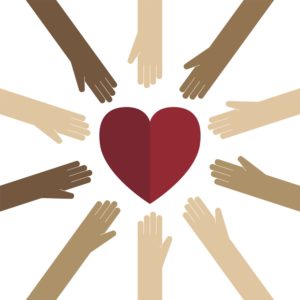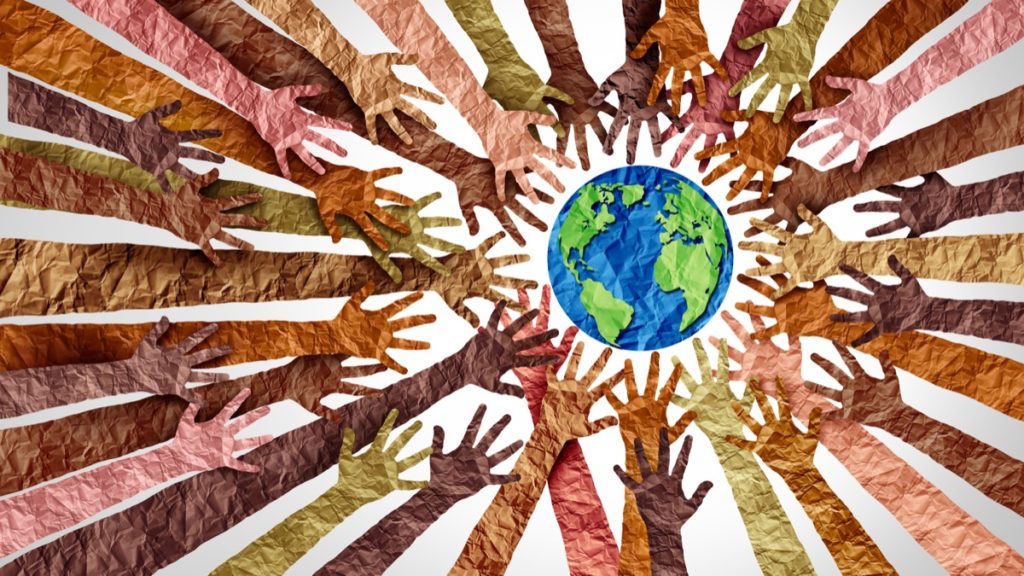Thinking About Adoption
 Adoption provides a wonderful opportunity for a child to experience the unconditional love and care provided by a parent or parents who welcome them into their home. Parenting an adopted child requires the same skills as parenting a child born to you. In addition, you will need to develop a further set of skills to enable you to facilitate the child to understand their past and to deal with the losses in their lives. Some of the children from abroad may have spent a number of years in institutional care and may have difficulties forming relationships and attachments. This can be both rewarding and, at times, very challenging.
Adoption provides a wonderful opportunity for a child to experience the unconditional love and care provided by a parent or parents who welcome them into their home. Parenting an adopted child requires the same skills as parenting a child born to you. In addition, you will need to develop a further set of skills to enable you to facilitate the child to understand their past and to deal with the losses in their lives. Some of the children from abroad may have spent a number of years in institutional care and may have difficulties forming relationships and attachments. This can be both rewarding and, at times, very challenging.
Pact has a long history and experience of adoption work, and we can advise and support you on your adoption journey. We are a national service and employ a panel of sessional social workers to undertake assessments/home study reports who are regionally based and are able to visit applicants in their own localities. All of Pact’s social workers are accredited by CORU, www.coru.ie, the statutory body with responsibility for the registration of health and social care professionals, and are very experienced in the field of adoption and child welfare.
With the implementation of the Adoption Act in 2010 Ireland’s adoption standards were brought into line with the Hague Convention. The Convention recognises that adoption gives a child, permanency, care, love, and the structure of family life where they would otherwise live in institutional or state foster care. It also sets out the best practice which countries should meet when considering adoption for their children.
Domestic Adoption
While times have changed and adoption placements with non relative families are much less common than in the past, there is still a need for domestic adoption. Between 2009 and 2012 the Adoption Authority of Ireland (AAI) www.aai.gov.ie made a total of 61 adoption orders, an average of 15 per year. The majority of these children were under one year at placement.
Cases are often of a highly complex nature. Birth mothers come from a wide range of backgrounds including other cultures and ethnicities. They may have medical difficulties, such as intellectual disabilities, mental ill health, or long term illnesses, a history of substance abuse, or family difficulties and the pregnancies may often have been concealed. Extended families may also be involved.
Open Adoption
Pact promotes an ‘open’ approach to adoption and provides support to adopted
children, adopters and birth parent(s) some of whom continue to keep in contact up to adulthood. Open adoption may involve the exchange of letters, photographs and information between adopters and birth parents or it may be direct face to face meetings on an ongoing basis. This contact helps the adopted child to have a better understanding of their adoption, develop a sense of their own unique identity and encourages an open adoption attitude within the adoptive family. It also enables the birth parent(s) to receive ongoing information about their child’s adoption and reassurance about their progress.
Intercountry Adoption
Inter-country adoption offers couples and , in particular circumstances, individuals the opportunity to parent a child from another country when they do not have any chance of experiencing a loving and caring home in their country of origin.
Between 2010-2019 there were 707 intercountry adoptions recorded by the AAI.
Currently children available for adoption from other contries are usually older children. Older children needing adoptive homes will have spent time in institutional care and may have experienced a number of moves or carers during their lives. These children will have difficulties forming secure attachments or relationships. They have frequently experienced neglect or malnutrition, and have a range of medical problems some of which are correctable, and others more severe such as intellectual or physical disabilities.
Older children will already have a vocabulary in their own language. It will be invaluable during the initial settling in period if the prospective adopters have some understanding of the language of the child’s country of origin.
Advice on Adoption

Applicants are advised to refer to the Adoption Authority Ireland (AAI) website, www.aai.gov.ie and contact the International Adoption Association Ireland (IAA), www.iaaireland.org. These give the latest information on the countries who have signed up to the Hague Convention and where agreement has been reached that children from these countries can be adopted by prospective adopters living in Ireland. Details are also available regarding the age and possible backgrounds of the children available for adoption. The matching of children and families is facilitated by a mediation agency or the Adoption Authority.
You need to be aware that mediation agencies charge a fee to facilitate an adoption. These fees may vary depending on your country of choice and it is important that you have considered how you will fund these expenses.


